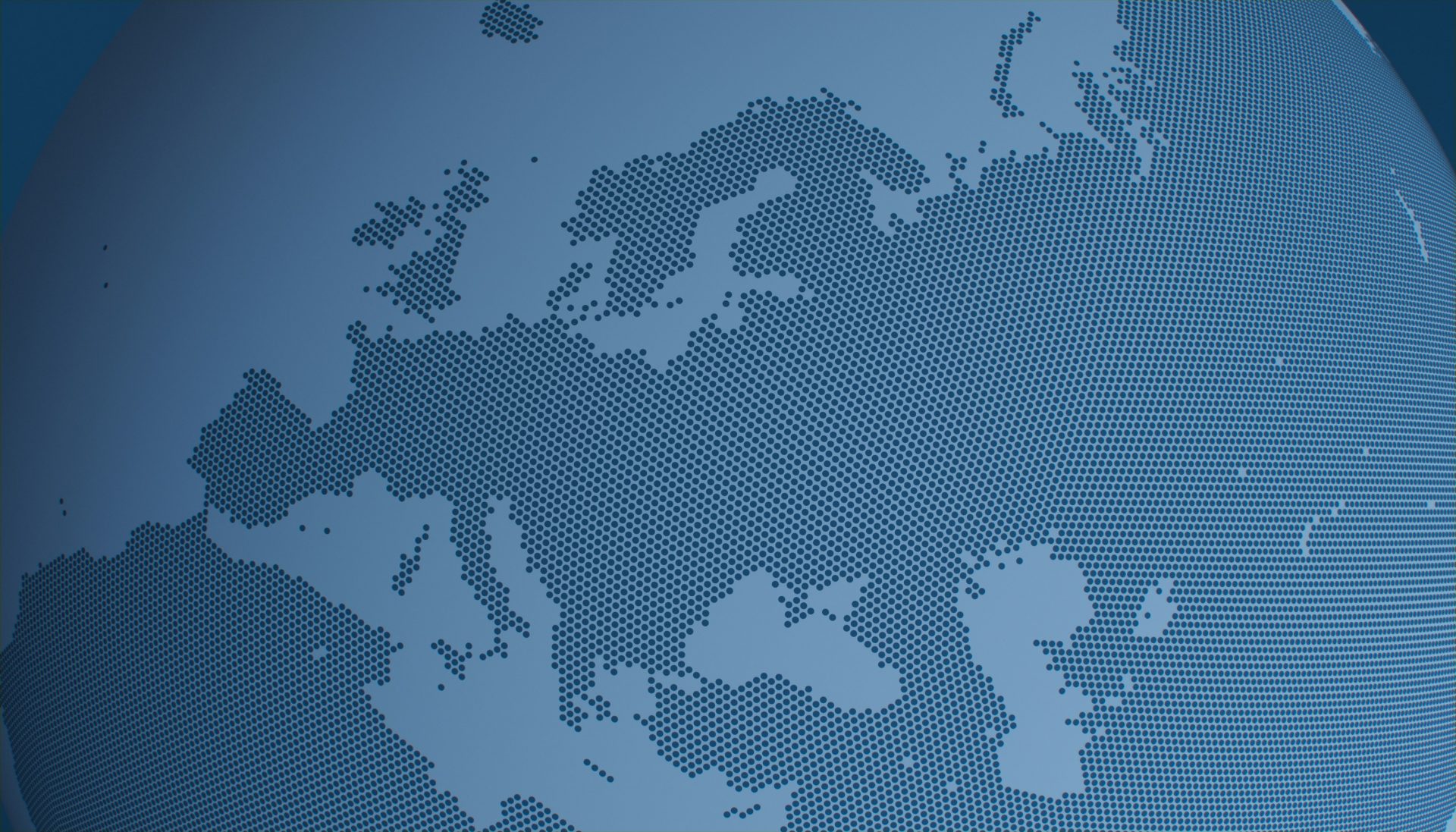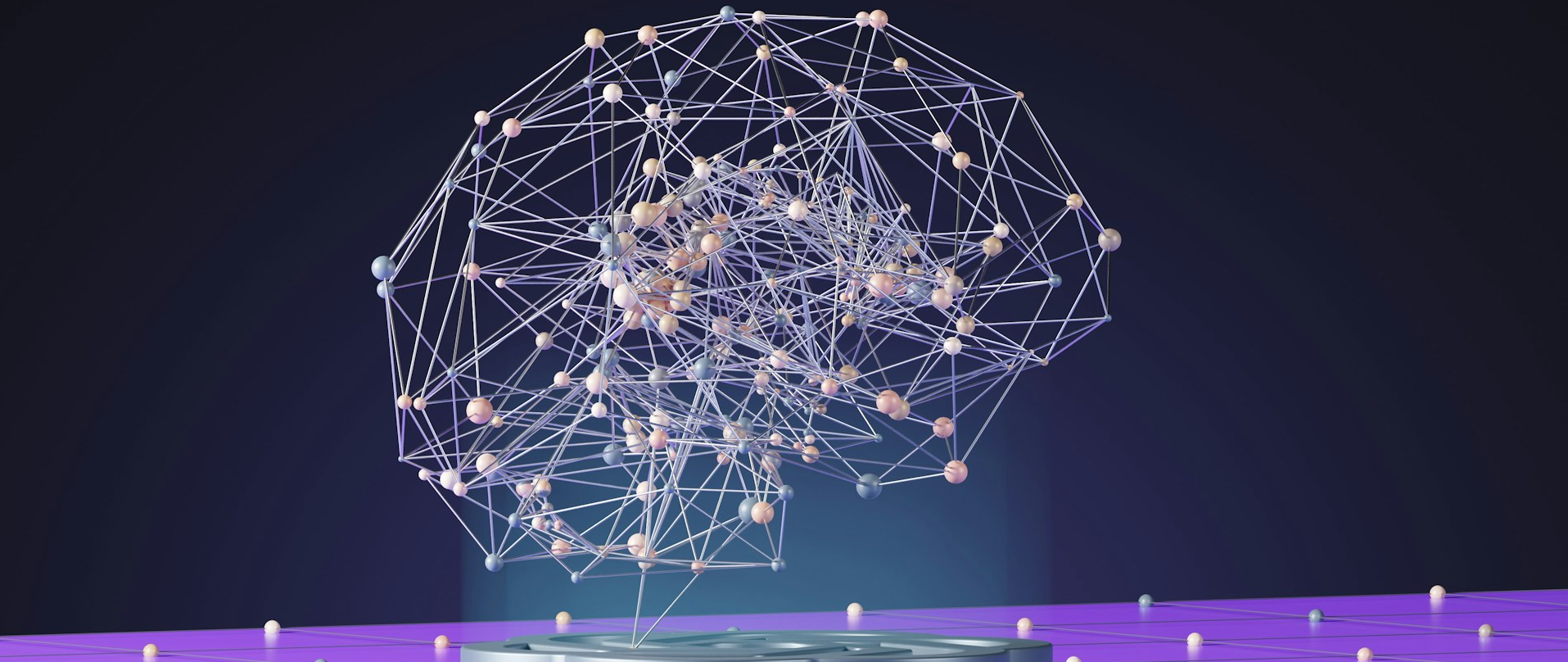The World in 2050
The world faces a combination of challenges—geopolitical rivalries, climate tipping points, and widening inequality—and this looks to worsen by 2050.
First, let’s consider the world as it is. Presently, geopolitical tensions are mounting globally. Conflicts around the world have severely disrupted supply chains and changed human life as we knew it.
Not all conflicts are violent however, as we’ve seen in the case of the US-China trade and tech war. Since it kicked off, the trade war has completely rewritten the old rules on global trade. Cross-border business has been severely disrupted, leading to not just uncertainty for the future of the global economy but also the prospects of the developing world. According to the OECD, the ongoing uncertainty stemming from America’s fluctuating policy will shrink global growth prospects.
Rising protectionist policies is further widening gaps of the have and the have nots globally. Countries are choosing to shore up their defense spending while limiting their development assistance to poorer economies. At a time when collaboration and cooperation are essential, economies across the world are turning inwards and moving in the other direction.
All these issues are further exacerbated by constant climate change. Efforts to limit global warming to keep in check the dire effects of climate change have failed. Countries continue to burn record amounts of coal, oil, and gas while continuing to cut down carbon-rich forests. At current levels of global CO2 emissions of about 40 billion tons a year, the world only has approximately three years before global temperatures exceed the 1.5C mark—a reality that sets the stage for catastrophic weather changes and a new way of life.
No Time Till 2050
At this current rate, life in the year 2050 appears to be one filled with instability and unprecedented challenges.
Climate change will cause massive economic damages, with losses mounting to US$38 trillion every year till 2050. A study by Germany’s Potsdam Institute reveals that the global economy is expected to lose an average income of 19% by 2049 due to past emissions—equating to a 17% reduction in the global GDP. The impacts of this will be mostly felt by countries least responsible for the climate change problem, while they also have minimum resources to fight the impacts of climate change.
Moreover, climate change will push up to 158 million more women and girls into poverty by 2050. Even today, 47.8 million more women face food insecurity and hunger than men. Moving forward, ongoing climate crisis will further worsen geopolitical rivalries, as nations fight for resources to meet their growing demands.
Going forward, we can expect the geopolitical world to remain complex and unpredictable. We will witness traditional power centers evolving, while new alliances will emerge. As emerging economies gain strategic and economic clout, it is slowly but surely prompting a rebalancing of global influence. Regional powers will start playing a more assertive role in shaping global diplomacy and coalitions.
Harnessing Technology for Other Global Challenges
Emerging technologies hold the key to complex problems such as climate change, poverty, and healthcare facing humanity today. Advancements in renewable energy technologies such as solar and wind are already making renewables a greener and more sustainable alternative to meet our energy needs. Innovations in materials being used in the design of solar panels and wind turbines is making renewables more efficient and cost-effective option.
Even in terms of poverty alleviation, fintech solutions such as microfinance and mobile banking are enabling access to financial services for underserved communities in rural areas. Several studies done in China on fintech and poverty, reveals that fintech has helped bridge the urban-rural income gap, and farmers have been able to improve their household income by expanding their access to financial services.
AI and robotics are also bringing transformative advantage to the healthcare sector. AI is helping detect cancers before they become life-threatening and recommending personalized treatments to better tackle these diseases.
There are many more issues that are being addressed by innovative technologies, and implementing them now could guarantee a more sustainable and resilient future as times change. As we move on, we will need a collective mindset to work together, bringing our own knowledge and strengths, coupled with the power of technology to address emerging threats to our future.
This is one of the topics being discussed at the upcoming Horasis Global Meeting, scheduled to take place in São Paulo, Brazil, between 7 to 10 October 2025. In its 10th edition, the meeting will draw together opinions and experiences of global leaders from various backgrounds to find cooperative frameworks to our present challenges.
Photo Caption: Geopolitical tensions are mounting globally.



